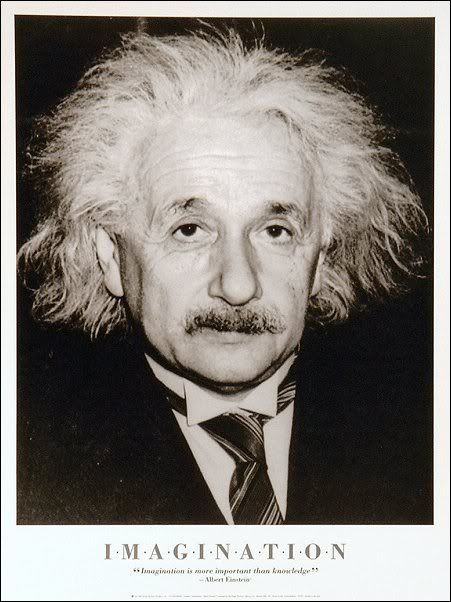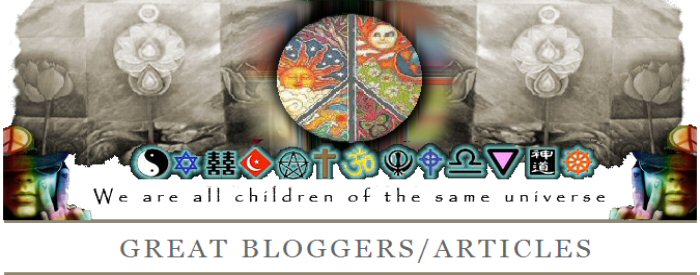
Albert Einstein (1879 - 1955) was a leading Scientist of his era. Much of his research centered around the problems of physics. His life work in many ways was dedicated to resolving the problems of physics. To his credit are the Theories of Relativity, The Evolution of Physics, and Investigations on Theory of Brownian Movement. Einstein received honorary doctorate degrees in science, medicine and philosophy from many European and American Universities.
Such a man of science would normally automatically become pegged as one who did not have much interest in or recognition of things spiritual, however this was not the case with Einstein. In fact over his lifetime, he often had to correct others on his views of spirituality. Einstein simply didn't believe in the spiritual mode of the day. He stated in a letter he wrote in 1954 that he did not believe in a personal God, he said that if there was something in him which could be called religious then it would be the "unbounded admiration for the structure of the world so far as our science can reveal it."
Einstein was raised in a Jewish family, but by the age of 12 his love of science and his religious beliefs were at odds. As he would explain to those who queried, the scientific books of the day helped him to reach a personal conviction that much in the stories of the bible could not be true.
This did not shut Einstein down, however, it opened his mind to free thinking and also to be skeptical - but these were essential tools to a researcher.
Einstein believed himself to be an agnostic. In 1950, he explained, "I am convinced that a vivid consciousness of the primary importance of moral principles for the betterment and ennoblement of life does not need the idea of a law-giver, especially a law-giver who works on the basis of reward and punishment."
In Albert Einstein's famous book, The World As I See It, He said,
"The fairest thing we can experience is the mysterious. It is the fundamental emotion which stands at the cradle of true art and true science. He who knows it not and con no longer wonder, no longer feel amazement, es as good as dead, a snuffed-out candle. It was the experience of mystery - even if mixed with fear - that engendered religion. A knowledge of the existence of something we cannot penetrate, of the manifestations of the profoundest reason and the most radiant beauty, which are only accessible to our reason in their most elementary forms - it is this knowledge and this emotion that constitute the truly religious attitude; in this sense, and in this alone, I am a deeply religious man. I cannot conceive of a God who rewards and punishes his creatures, or has a will of the type of which we are conscious in ourselves. An individual who should survive his physical death is also beyond my comprehension, nor di I wish it otherwise; such notions are for the fears or absurd egoism of feeble souls. Enough for me the mystery of the eternity of life, and the inklilng of the marvelous structure of reality, together with the single-hearted endeavor to comprehend a portion, be it never so tiny, of the reason that manifests itself in nature."
© TheosEra.com Spiritual Community 2008






Nice blogging
ReplyDeleteThat would be a very great comments on this blog post. I read your article fully. Thanks for sharing with us about this post.
ReplyDeletejesus